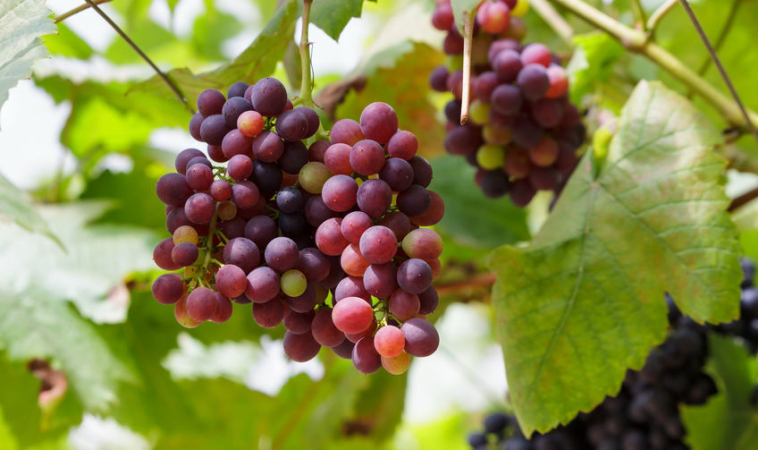The study was published online in the journal Food and Function.
Muscadine grapes grow wild and in cultivation in the southlands to make wine and juice. They have a thick skin and large seeds. The byproducts, thousands of tons of it, usually go to landfills, but a fraction of it is turned into oil for specialty stores.
The researchers extracted oil from muscadine seeds and found the content of unsaturated fatty acids reached 85 percent to 90 percent of the total fatty acids, and suggested all of the byproducts be harvested instead of discarded.
They conclude that muscadine grape seed oil would be a valuable addition to the market of edible oils because of its value as a source of tocotrienol, mono- and polyunsaturated fatty acids, and suggest tocotrienol could be used to develop a treatment to help stem obesity
















